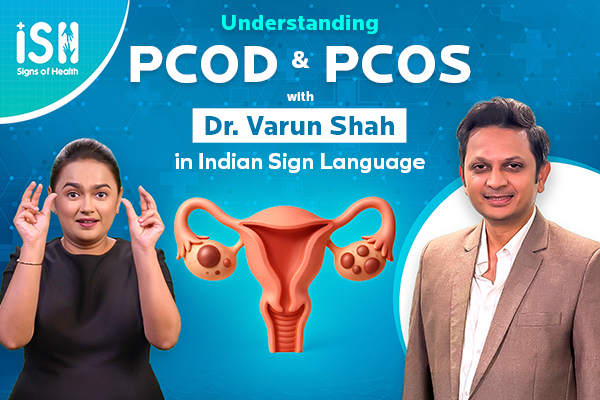Omega-3 for Vegetarians: Why It Matters and Where to Get It
Omega-3s are essential fats that support heart, brain, and eye health. However, it’s mostly associated with Fish oil. But there are a few vegetarian sources as well.
Omega-3 fatty acids are important healthy fats that our body cannot make on its own. This is why we must get them from our daily food. They are known to keep the heart healthy, support brain function, protect eyesight, and reduce swelling or inflammation in the body.
When the body does not get enough Omega-3, it may show signs like dry skin, brittle hair, tiredness, mood swings, anxiety, depression, weak memory, eye problems, joint pain, and even a higher risk of heart issues. The immune system can also become weaker, making us fall sick more often.
Most people think Omega-3 only comes from fish, but vegetarians and vegans can get it easily from plant-based sources. Flax seeds, chia seeds, walnuts, hemp seeds, soybeans, tofu, tempeh, edamame, algal oil capsules, and even kidney beans are good options. Flax seeds should be ground before eating, while chia seeds can be used in smoothies or salads. Walnuts and hemp seeds can be added to snacks, soups, or rotis for an easy boost.
Including these foods in your diet regularly can help prevent deficiency and support overall health. Whether you eat fish or not, Omega-3 is essential for everyone, and vegetarian sources make it easy to stay nourished.







